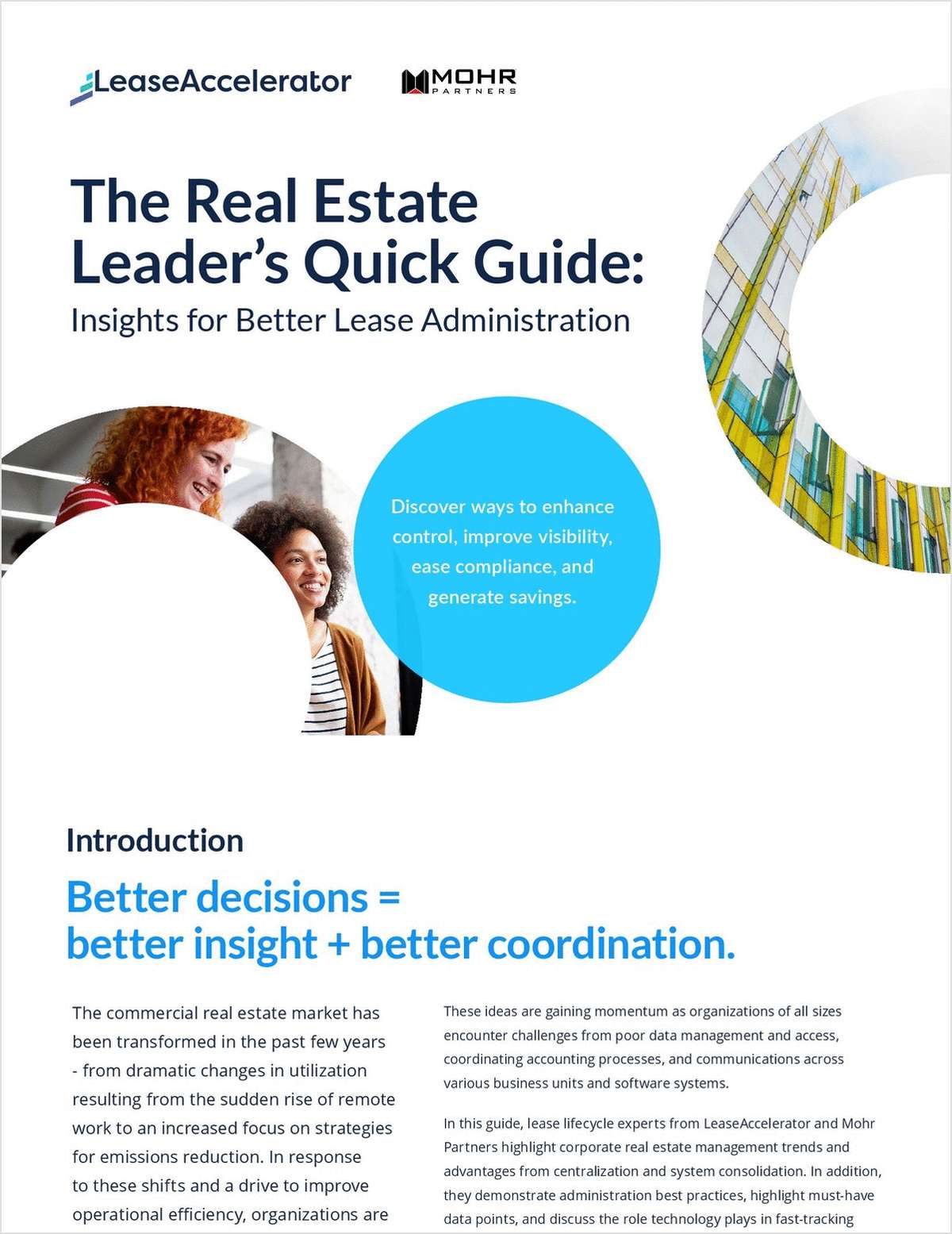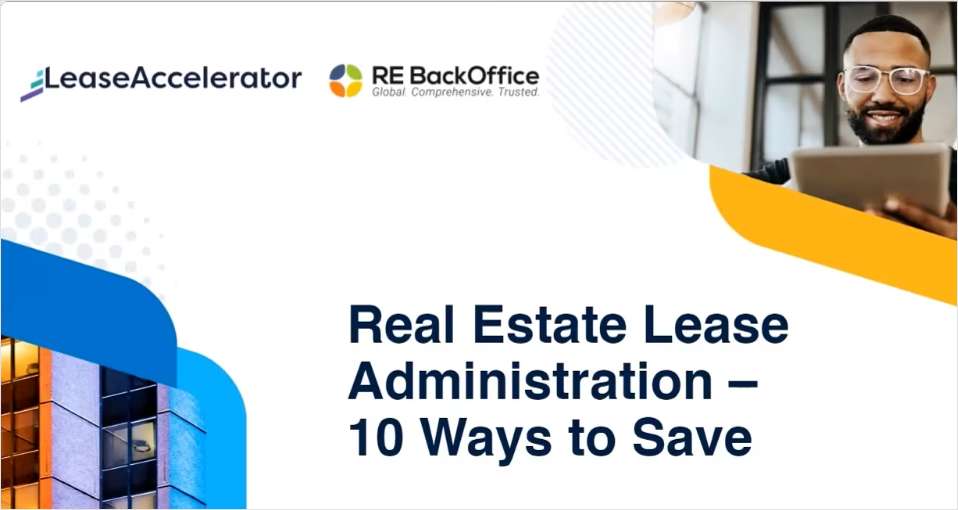Falcon, who has also just announced his impending resignation in May, testified that "As with previous accounting problems we have uncovered, they reflect Fannie Mae's tendency toward overly aggressive interpretation of GAAP, or in certain instances--when compliance with GAAP would negatively affect the company--a willful disregard of accounting rules." He went on to testify that "they also reflect situations where Fannie Mae's accounting policies actually do comply with GAAP, but Enterprise personnel have failed to follow those policies."
In an ongoing effort to cooperate with OFHEO, Fannie Mae agreed to separate the roles of the chairman and CEO position last month. But both Falcon and congressional leaders say more has to be done to increase federal control over GSEs. To that end, last week the House introduced the Federal Housing Finance Reform Act of 2005, or HR 1461, "to reform the regulation of certain housing-related Government-sponsored enterprises." As for Fannie Mae's take on the testimony and the introduction of the new legislation, the GSE did not return calls from GlobeSt.com by the time of the publishing of this article.
Continue Reading for Free
Register and gain access to:
- Breaking commercial real estate news and analysis, on-site and via our newsletters and custom alerts
- Educational webcasts, white papers, and ebooks from industry thought leaders
- Critical coverage of the property casualty insurance and financial advisory markets on our other ALM sites, PropertyCasualty360 and ThinkAdvisor
Already have an account? Sign In Now
© 2024 ALM Global, LLC, All Rights Reserved. Request academic re-use from www.copyright.com. All other uses, submit a request to [email protected]. For more information visit Asset & Logo Licensing.








